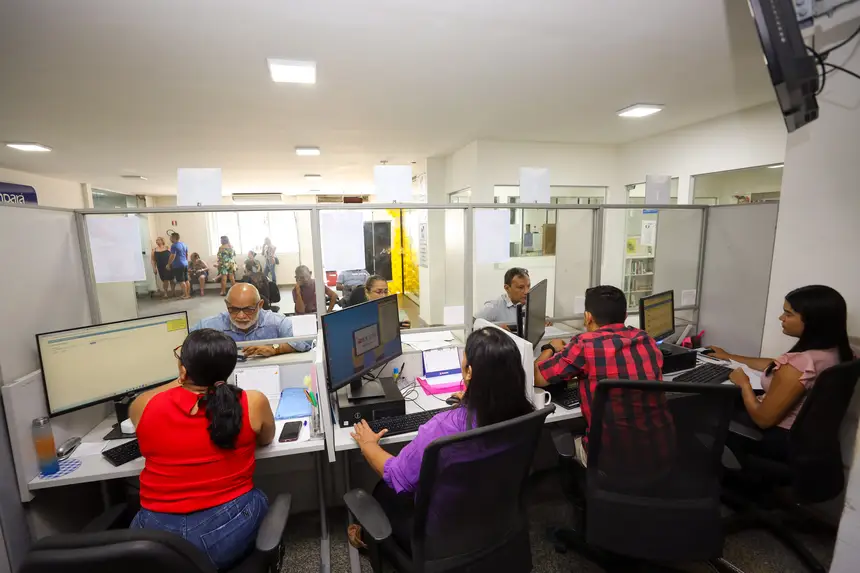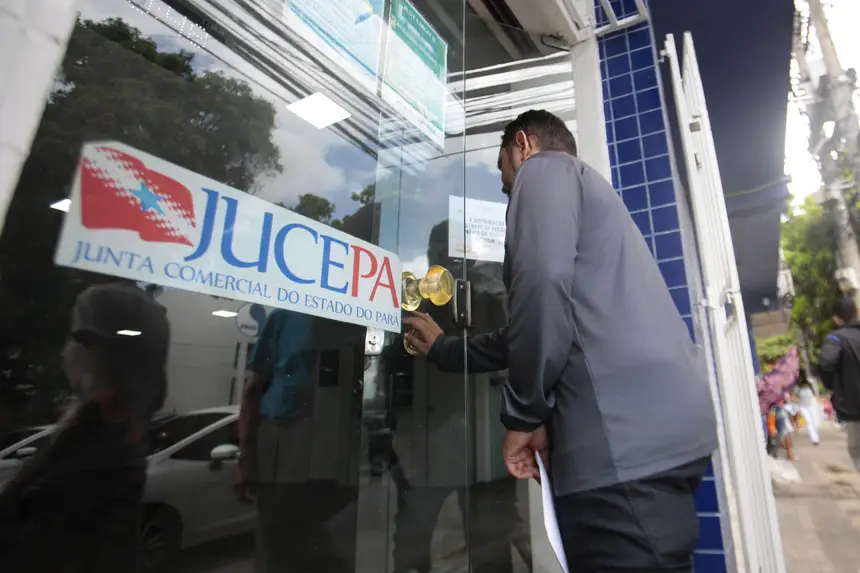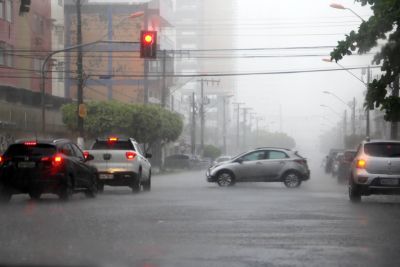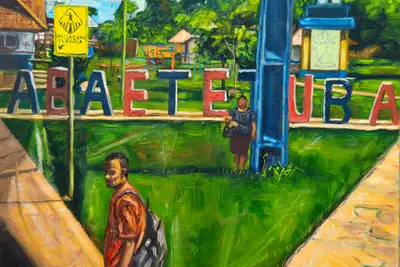Bureaucratic Simplification Reflects on the Growth of Business Activity in Pará in the 1st Half of 2025
From January to June, more than 52,000 companies were opened, according to Jucepa, an increase of almost 24% compared to the same period last year
Pará recorded significant growth in the opening of companies in the first half of 2025. From January to June, 52,172 new companies were opened, according to data from the Commercial Board of the State of Pará (Jucepa), an increase of almost 24% compared to the same period last year, when the number was 42,247.
According to Cláudia Borges, a technician from the Mercantile Registry of the decentralized unit in Castanhal, the positive performance in the first half is a direct result of the bureaucratic simplification and decentralization strategies adopted by the agency. “We have observed, in hubs like Castanhal, a consistent growth in the formalization of companies, driven by the modernization of processes and the expansion of access to digital services. The technical performance in the regional offices has been essential to ensure greater efficiency in services and legal security for local entrepreneurs, which contributes to the consolidation of a more stable and attractive business environment in the interior of the State,” Borges highlighted.
In addition to the high number of new companies, the report indicates a decrease in the number of closed companies, which totaled 14,472 during the period. This is the lowest number of closures since 2021, indicating not only the emergence of new businesses but also a greater resilience of existing companies, revealing a trend of strengthening the business environment and greater confidence among entrepreneurs in the state economy.
The president of Jucepa, Filipe Meireles, explains that the agency continues to work to stimulate entrepreneurship, simplify processes, and create a more attractive environment for investments. “We are reaping the fruits of a continuous effort to digitize and simplify our services. The business environment is more favorable, and this is directly reflected in the increase in the formalization of companies. Jucepa has been working to offer more agility, legal security, and less bureaucracy to Pará entrepreneurs,” Meireles highlighted.
Strategic Partnership for Development - Jucepa is linked to the State Secretariat for Economic Development, Mining, and Energy (Sedeme), and operates aligned with the strategic plan of the Government of Pará, which focuses on economic diversification, interior development, and attracting sustainable investments.
Initiatives such as the integration with Redesim (National Network for the Simplification of the Registration and Legalization of Companies and Businesses) and the expansion of the Jucepa Digital system allow the processes of opening, changing, and closing companies to be done entirely online, which reduces deadlines and costs for the entrepreneur.
Furthermore, according to Jucepa's semiannual report, among the legal entities, the Individual Microentrepreneur (MEI) continues to be the most chosen model, with 39,409 registrations in 2025. Limited liability companies (LTDA) also stood out, reflecting the formalization of small businesses with corporate structure. Other relevant profiles include individual entrepreneurs and closed joint-stock companies.
Economic Activities on the Rise - The most frequent activities among new companies show the strength of the commerce and services sectors in Pará. Among the highlights are: Retail trade of clothing and accessories – 2,404 registrations; Sales promotion – 2,136 registrations; Non-postal courier services – 1,801 registrations; Hairdressers, manicure, and pedicure – 1,533 registrations; Road freight transport – 1,384 registrations.
According to Jucepa, these numbers indicate a diversification of economic activities, with a strong presence of the beauty, logistics, and popular commerce sectors. In the municipal ranking, Belém leads by a wide margin, with 13,145 companies opened. Following are: Ananindeua with 5,058, Parauapebas with 2,946, Santarém with 2,761, Marabá with 2,582, Castanhal with 1,807, Altamira with 1,190, Redenção with 1,165, Canaã dos Carajás – 1,087, Paragominas – 853, and Barcarena with 841.
These municipalities stand out as regional growth hubs, driven by investments in infrastructure, mining, commerce, and services. Jucepa continues to actively work on training staff, partnerships with municipalities, and decentralizing services, bringing support and assistance to entrepreneurs in all regions of Pará.
“Pará is becoming an increasingly favorable State for entrepreneurship. We are committed to creating conditions that stimulate formalization, job creation, and regional development,” concluded the head of Jucepa, Filipe Meireles.












